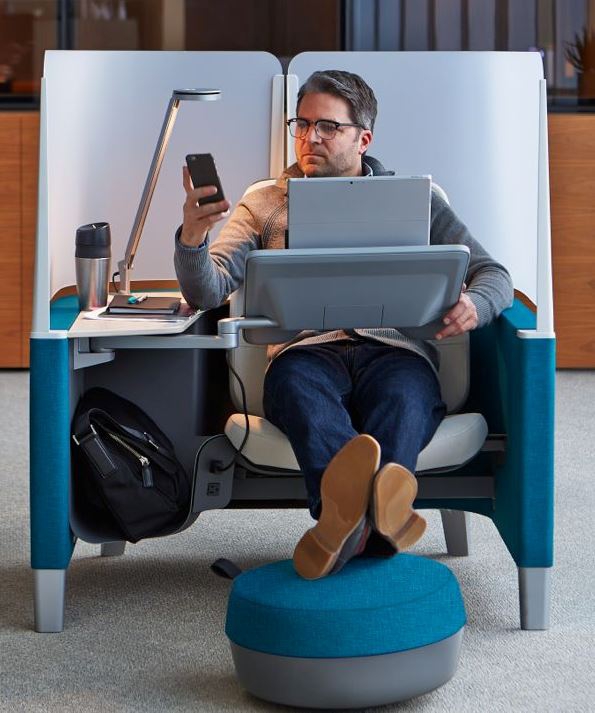Globally, agile working is the new fad now. There are two aspects of this trend—workforce agility and operational agility.
Better late than never, Godrej Consumer Products (GCPL) has now introduced a flexible working environment for its employees. This initiative is part of its efforts to create ‘Agile Working’ for its workforce.
To begin with, GCPL will now allow managers and officers to ‘work from home’ twice a month. Besides, from October onwards, for all ASMs (area sales manager), it will be five-day work for two weeks in a month.
The company believes that ‘Agile working’ empowers employees and enables them to optimise their performance and eventually deliver superior value and great business results. And the same can be achieved by providing greater flexibility at work.
Technology has empowered employees to connect with internal and external stakeholders in any part of the world and physical presence does not act as an impediment to reviews, meetings and discussions—all of these can be achieved easily and inexpensively.
“At Godrej, we encourage our team members to explore their ‘whole selves’, because we believe that passionate and rounded individuals make for better team members,” says, Rahul Gama, head, human resources, GCPL.
“Agile working policies, such as work from home and flexitime, empower our team members and support them in delivering superior performance. Today, technology is an important enabler for this. We have found that offering a basket of flexible options that our team members can choose from, based on individual needs, not just provides flexibility and freedom to operate but also increases efficiency,” he adds.
 Globally, agile working is the new fad now. There are two aspects of this trend—workforce agility and operational agility.
Globally, agile working is the new fad now. There are two aspects of this trend—workforce agility and operational agility.
Workforce agility provides flexibility in matching workforce fluctuations to demand, while operational agility is reflected in the responsiveness and adaptiveness of processes and structures.
Last year, Deloitte started a new practice to increase the agility of its employees. The programme included a range of options related to when and where its people work, and also ‘Time Out’ — the right to request a block of four weeks’ unsalaried leave each year, without reason or justification.
However, industry observers believe that agile working is not a simple translation of flexible working time arrangements, such as working from home once a week. Rather, it requires a shift in mindset from the traditional 9–5 with an hour for lunch. It is also about mutual trust and organisations should believe that people are accountable for their role in delivering the best service to their clients.



